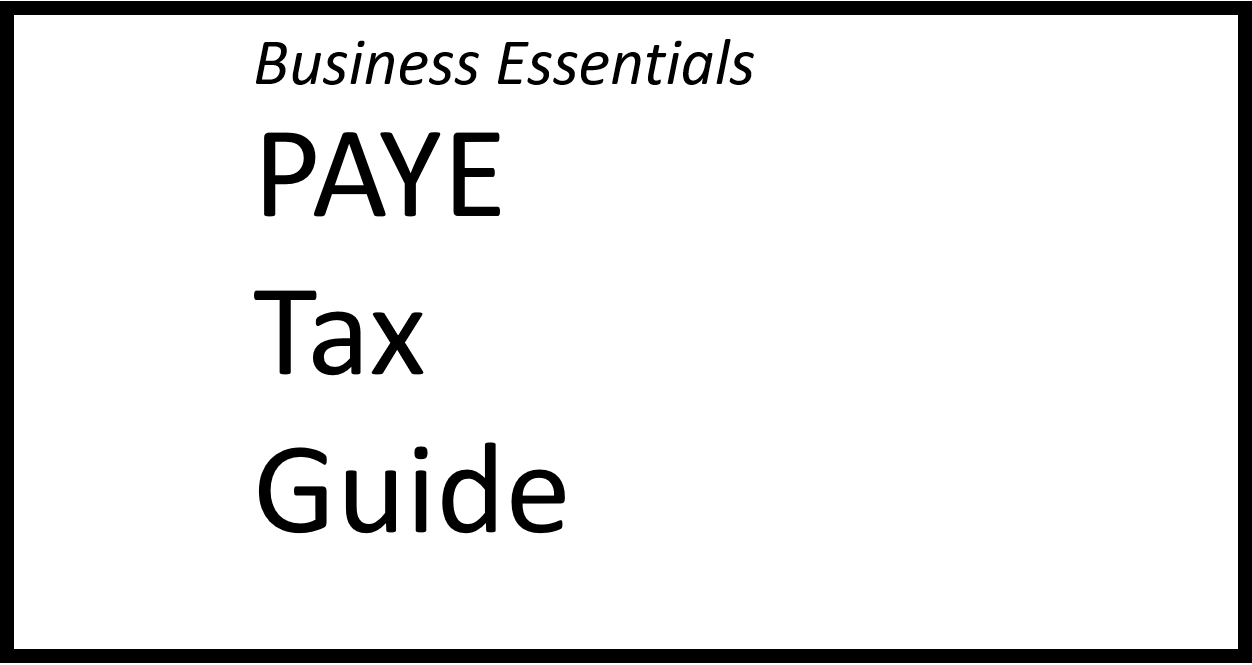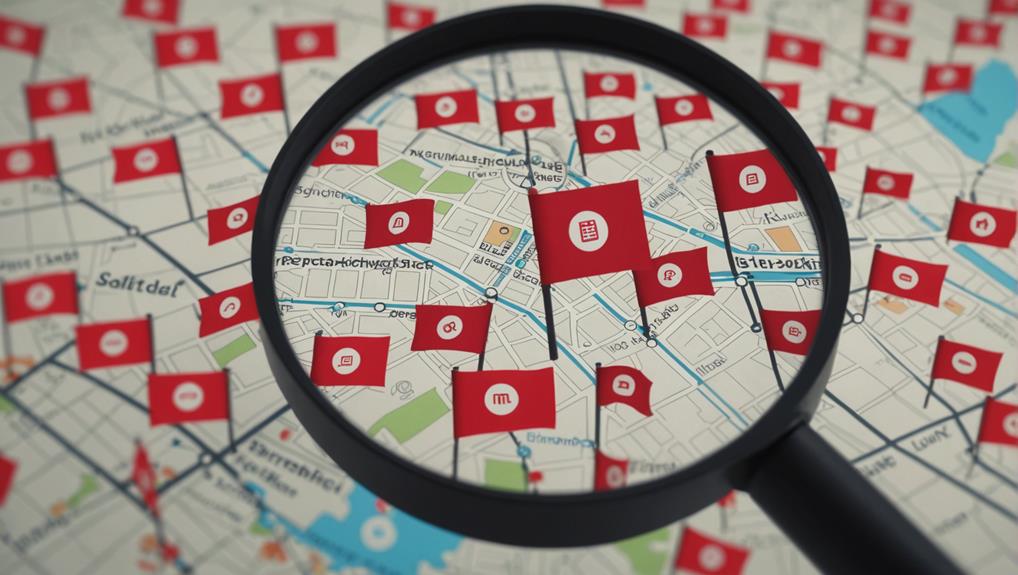
The Accounting Studio guide to
PAYE and Payroll
PAYE (Pay as you earn) is a system of collecting income tax and national insurance from employees through their wages and salary to avoid the majority of people needing to file tax returns in the UK.
Employees receive their wages after income tax and national insurance have been deducted. As part of the payroll process other adjustments may be made such as
- Pensions and auto-enrolment deductions
- Student loans
- Benefits in kind that have been payrolled
Since 2013 HMRC require that all businesses running a payroll submit information to them on an real time information (RTI) basis. This is a way of keeping HMRC updated throughout the year of all the payroll changes in the business. It also lets them know how much income tax and national insurance has been deducted, and what should be paid over to HMRC during the year.
Employers also have to pay employers national insurance. This is a tax that employers have to pay on top of the the salary they pay to their staff. It is quite literally a tax on employing people.
When do I need to register for PAYE?
You need to register for PAYE once you start employing employees. You could avoid registering for PAYE if none of your employees are paid more that £120 per week, and they all only have one job. We would not, however, recommend this approach. It is easy to mess up, resulting in fines that can easily outweigh the savings that paying someone to run the payroll in the first place.
Sometimes its not entirely obvious whether a person working in your business meets the definition of an employee. As a starting point it is worth taking a look at the “Check Employment Status Test” tool. Its a good starting point for assessing whether someone should be treated as an employee, but should not be treated as definitive. There are a lot of nuances that the tool does not pick up.
How do I register for PAYE?
Registering for PAYE is quite simple and can be done online. You need to register as an employer (https://www.gov.uk/register-employer).
The process is relatively quick, compared to other tax registrations with HMRC. They will send you a letter with two codes
- Your PAYE reference which looks like 123/AB12345
- Your accounts office reference which is looks like 123AB12345678
We will need both these codes in order to run your payroll
Running your payroll
These days running a payroll should really be done using software, so you can submit the RTI submission digitally.
Where we are running a payroll for you, if you are on a fixed salary, we will simply run that salary until we hear otherwise from you. For your variable wage employees you will need to either let us know how much gross salary you want to pay them, or provide us with the hours worked and hourly rate, and we will take it from there.
There are a lot of returns that need to be filed by the employer including
- Calculating and sending payslips to employees
- Calculating the tax due to be paid to HMRC
- RTI submissions to HMRC
- Auto-enrolment submissions to pension schemes
- Auto-enrolment letters to staff
- P11d benefits in kind calculations and submissions
- End of year returns to HMRC
…to name a few. The timing and method of reporting these vary and is beyond the scope of this guide. What you do need to know is that there is a lot involved.
One of the key timings is that you must report the RTI to HMRC before you pay your staff. There are a few exceptions to this rule but generally it should be adhered to.
Paying your staff
Once the payroll has been run, you should pay you staff (or yourself if you are also on the payroll) the net amount of pay, after tax, national insurance and any other deductions have been deducted.
Paying your PAYE/NI bill
Having deducted income tax and national insurance from your staff you will need to pay it over to HMRC. HMRC have some detailed guidance on how to pay (https://www.gov.uk/pay-paye-tax). Generally we recommend setting up a direct debit so that you do not forget to pay them.
You normally need to pay them by the 22nd of the following month (for example a payroll on the 31st May, you would pay by 22nd June).




